Growing a vegetable garden in central Texas is a year-round affair. Crops are available according to their seasonal compatibility. Cool-season crops grow from Fall through early Spring, and warm-season crops grow from Spring through the first frost. The gardener’s dilemma is when to start seeds for each season. Here is a quick guide to finding the best time to start seeds in central Texas.
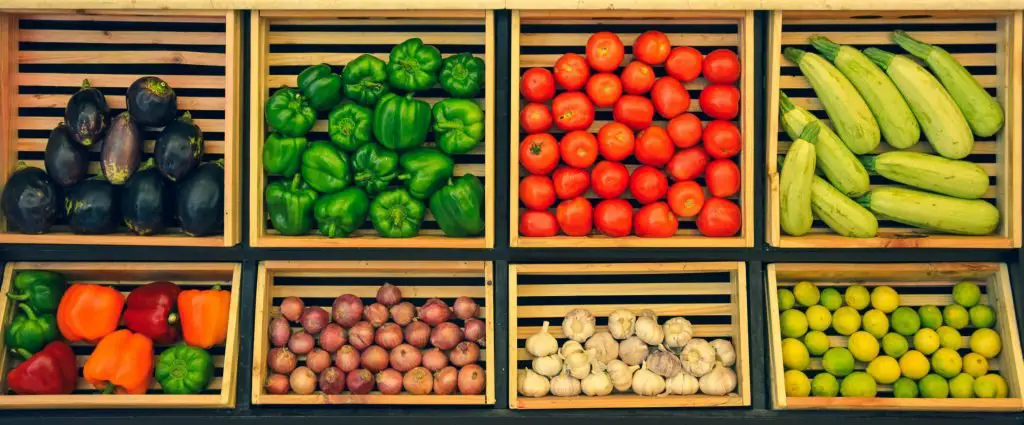
Classify your crops
To have a successful garden, every gardener should know the right season for each crop. Distinguishing between cool-season and warm-season crops is critical. After making a list of the desired crops to grow, part them into their respective seasons.
Mark the growing seasons on the calendar
The first and last frost dates mark growing seasons. Refer to the USDA growing zones to determine the dates for your specific area. The given dates are approximate and vary each year slightly.
In central Texas, the last frost date is the 1st of March, and the first frost date is the 30th of November. The cool season is between November and March, and the warm season is the other way around.
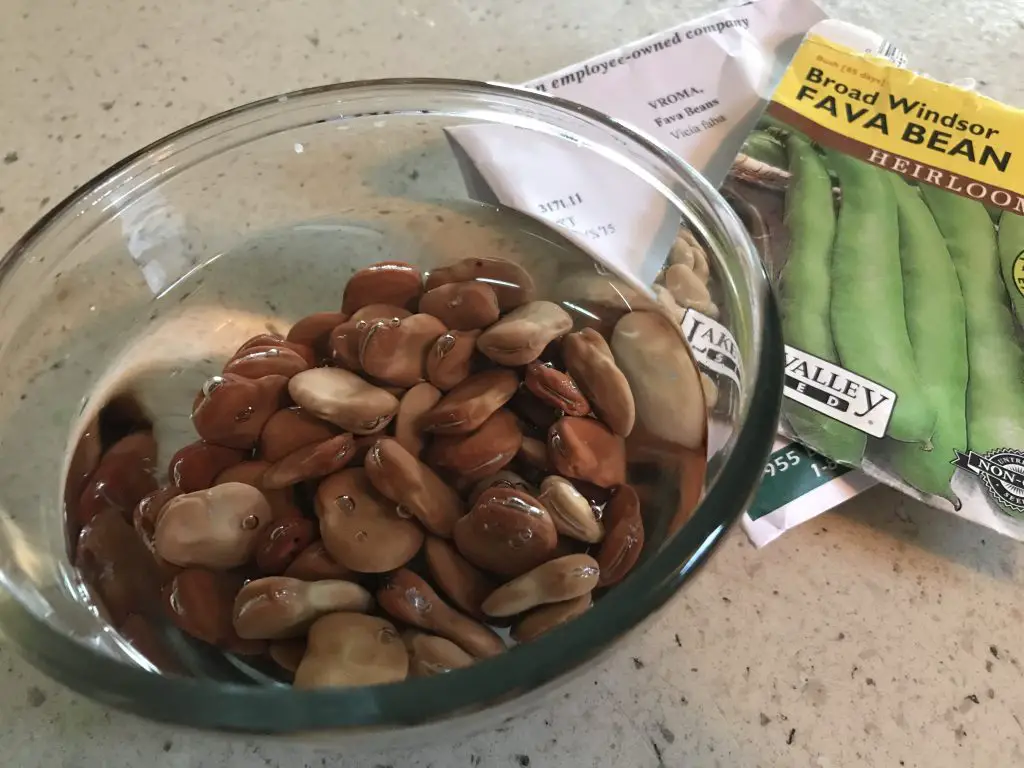
Know your seeds
Now that you decided what to grow and when to grow them, it is time to learn more about the seeds. The latter are not equal, and here is what to look for in a seed packet before starting it.
How long does it take to germinate?
The answers to these questions will help accurately determine the time to start seeds. For example, if the seed packet states that it takes 21 days to germinate, it means that during that time, the seed is still dormant.
Does it need soaking, stratification, or scarification to trigger germination?
Seeds with a hard coat need soaking or scratching before sowing to speed up germination. The same thing goes for seeds that need a thermal shock. Taking these procedures into consideration will help determine the actual start date.
Does it need to be started indoors or better to direct sow?
Some seeds are better sown directly into the ground for two reasons. First, for their fast germination time like beans; so there is no in starting them early. Second, some seedlings’ root systems, like squash, do not tolerate transplanting.
Start seeds on time
It is crucial to figure out the right time to start seeds. Starting too early or too late will compromise the production of your garden.
Starting seeds too soon leaves you with extra maintenance to keep the seedlings alive and healthy.
On the other hand, if you start seeds too late, you risk missing their growing season.
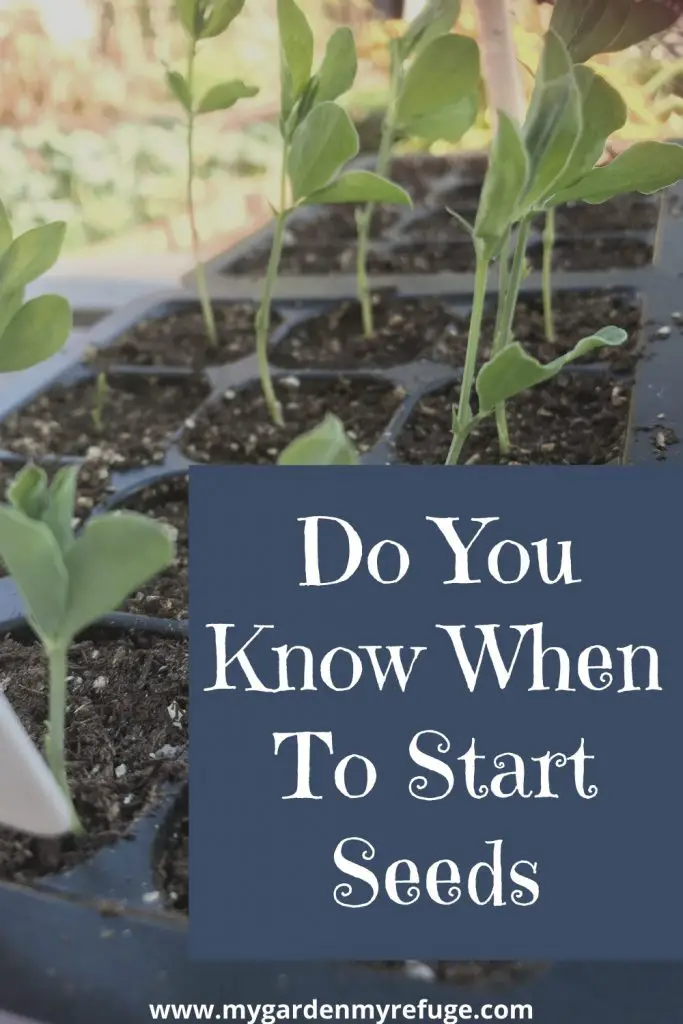
Count backward
Warm-season seeds
The last frost date for central Texas is approximately the 1st of March, marking the beginning of the Warm-season. This season’s crops are usually fast-growing, except for tomatoes, peppers, and eggplants that need some time to establish their root systems.
The standard rule is to start seeds six to eight weeks before the last frost date. Counting backward, starting from the 1st of March, you land on the first week of January. Remember that the seeds take one to two weeks to germinate, leaving you with six weeks of active growth.
Squash, beans, and cucumbers are fast to germinate and grow. Therefore, the recommendation is to sow them directly on the ground. T e only reason you would do otherwise is to get a head start on the season or to avoid predators from getting them.
If you decide to start squash, cucumbers, or bean seeds indoors, do so three weeks before the planting date. These crops are very cold-sensitive, so temperatures should be above 55F (12C). You can start them indoors right on the last frost date day.
Cool-season seeds
Contrary to the warm-season crops, most cool-season crops need to be started indoors. There are two reasons why you should start them indoors early. First, their maturity time is much longer due to short days. S cond, Texas summers tend to linger through November, delaying planting time. T e good news is that most of them are quick to germinate, taking between three to seven days.
The first frost date for central Texas is the 30th of November. Count backward six weeks, and you land in mid-October. Unless you have heat-tolerant varieties, avoid starting seeds earlier than mid-September. Otherwise, you will end up with stunted growth leading to mediocre production.
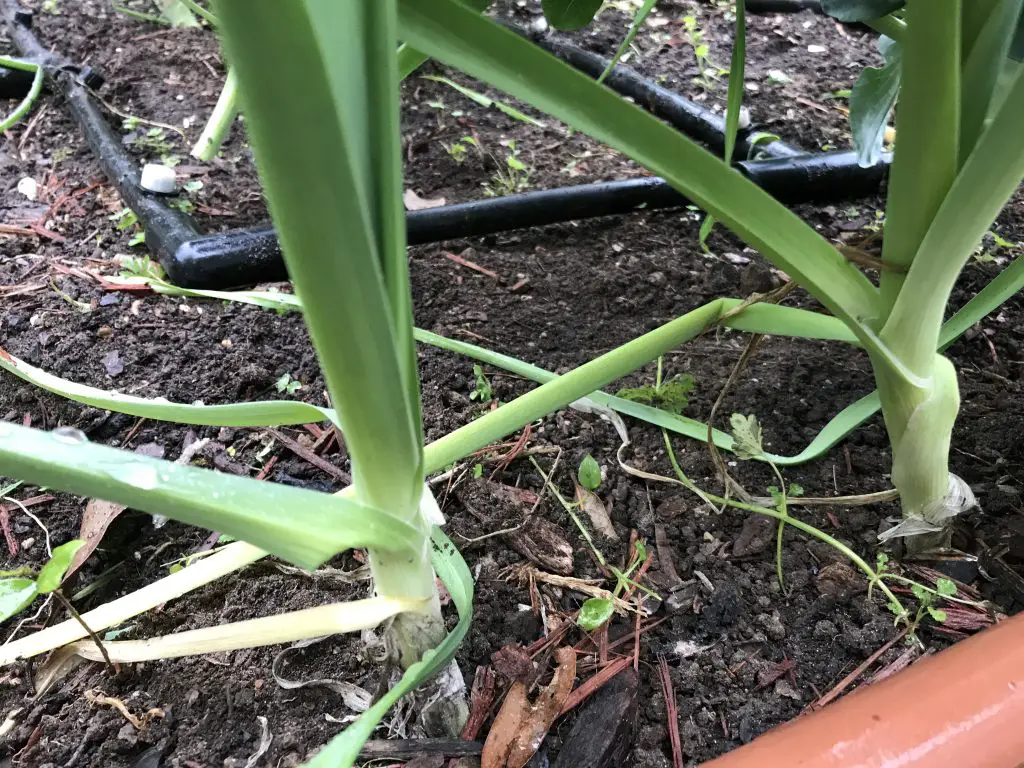
Exceptions
Some crops are not grown from seeds, such as potatoes, garlic, leeks, and onions (most of the time). These have fixed planting dates that gardeners follow.
Potatoes have two growing times in central Texas: one in February and another in August.
Garlic is a cool-season crop that takes a long time from planting to harvest. Plant garlic in central Texas starting October through November. It needs cool winter days to form the cloves. Harvest takes place in late Spring or early summer.
Onions and leeks can be grown from seeds, but they take long to germinate and reach proper transplanting size. If you want to start them from seed, do it in late summer, around August.
Most gardeners prefer to grow onions and leeks from starts that they get from a nursery. In that case, planting time is after the winter solstice. Texas onions are short-day varieties, which means they get eight to ten hours of daylight. If you plant them sooner, the days short may stunt them. If you plant them later, there is not much time left for them to grow more once summer heat settles in.
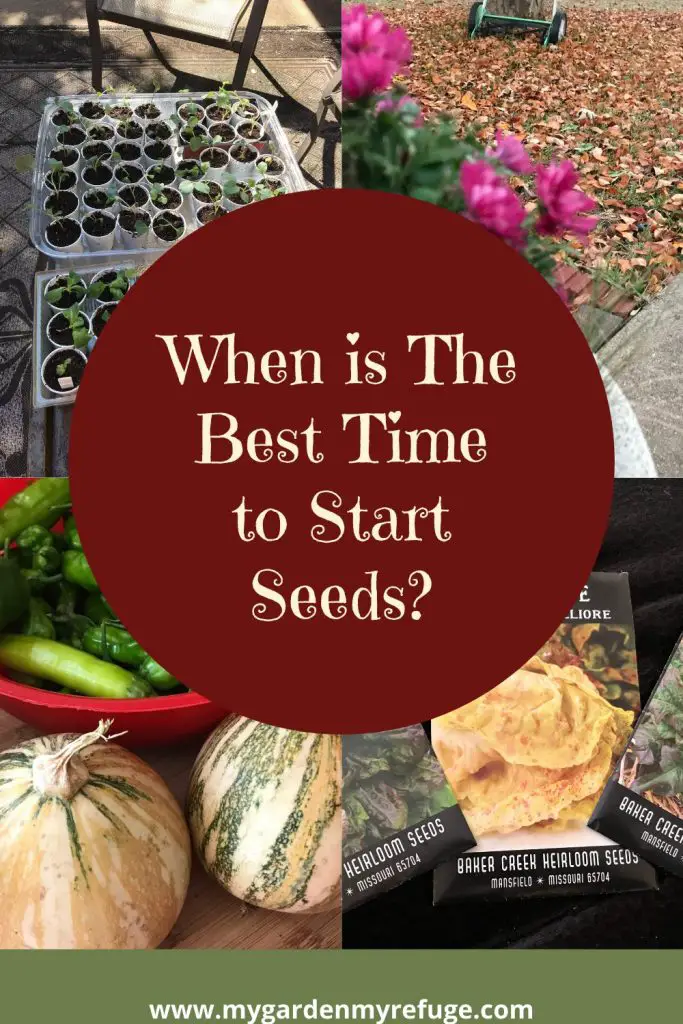
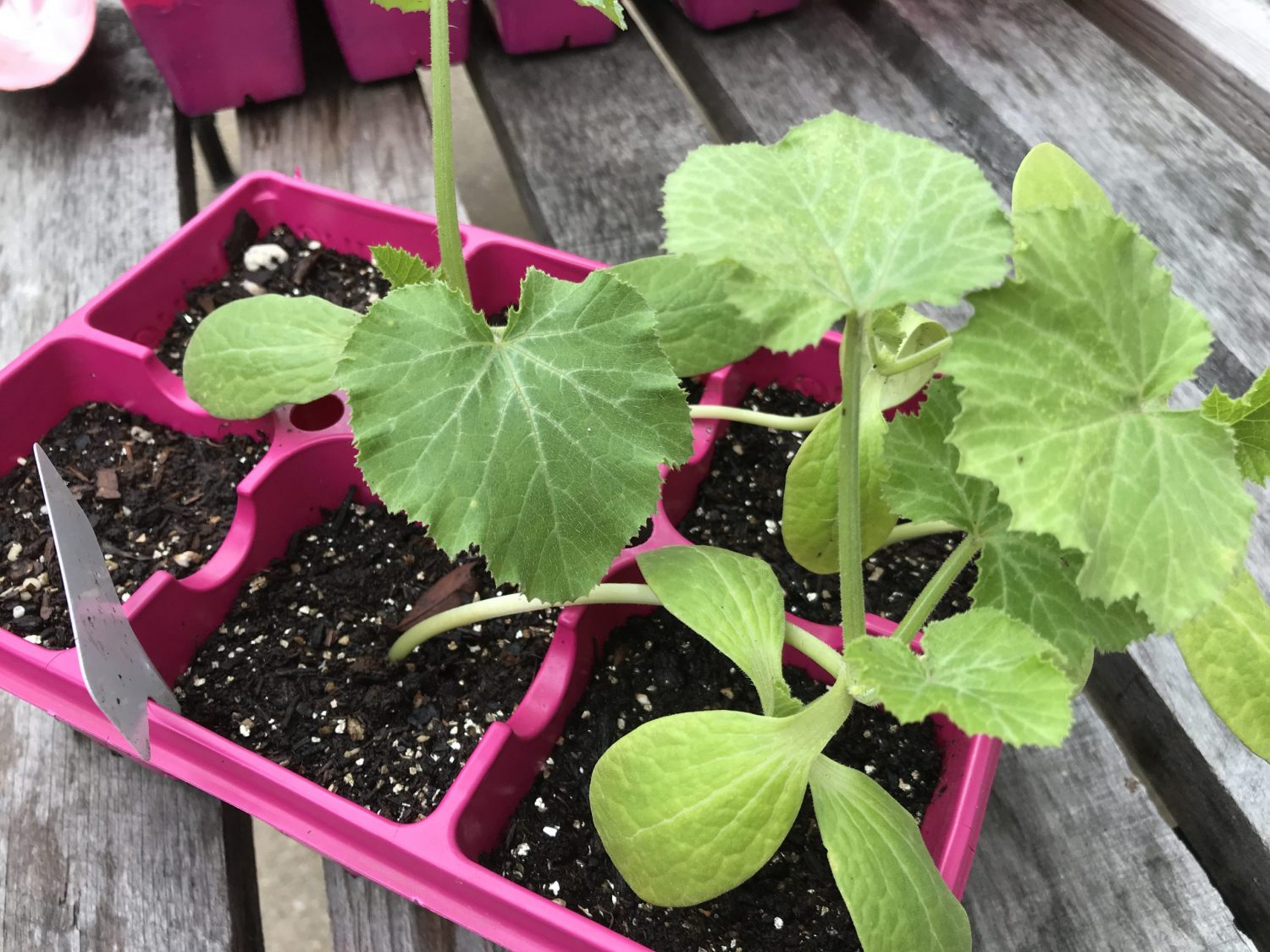
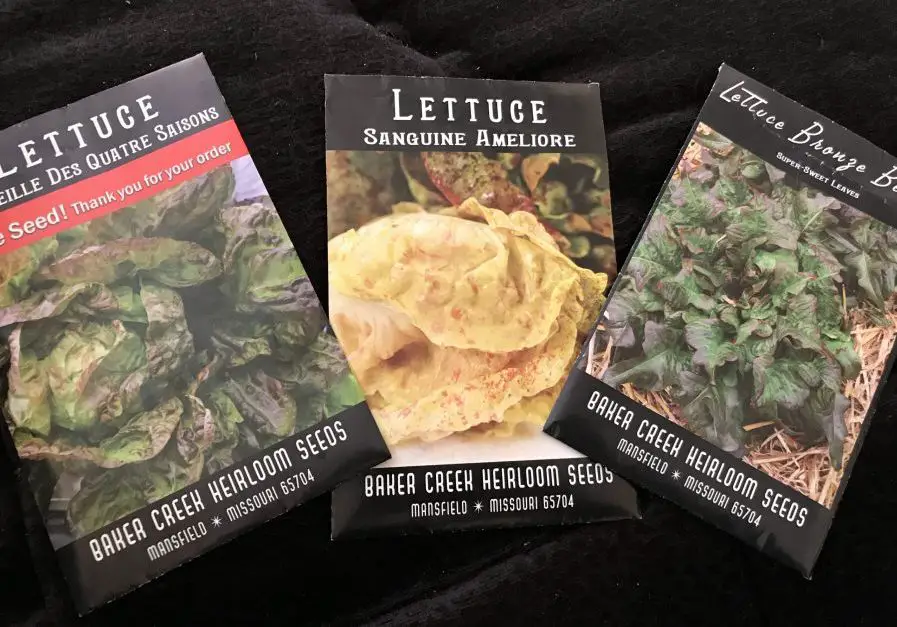
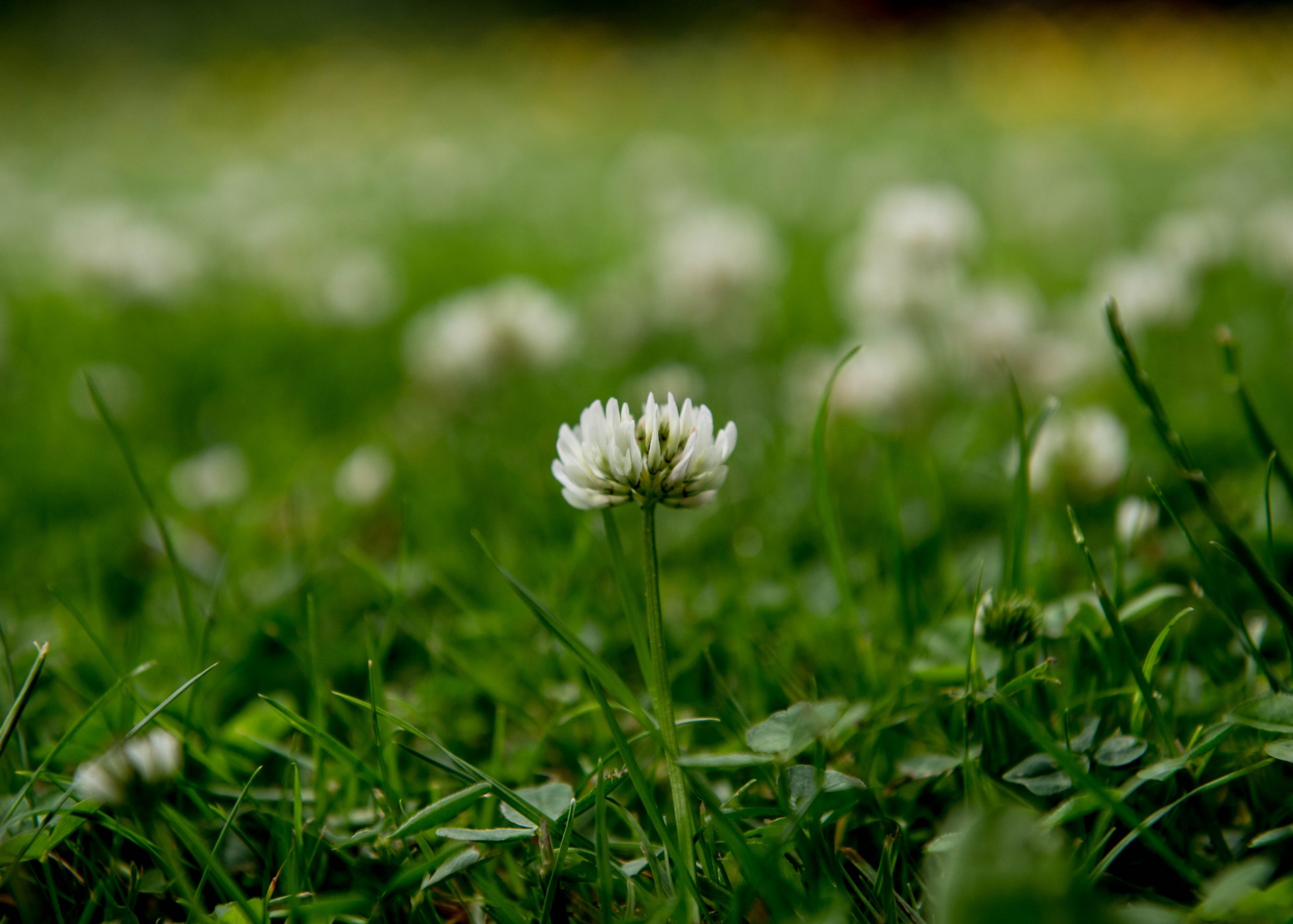
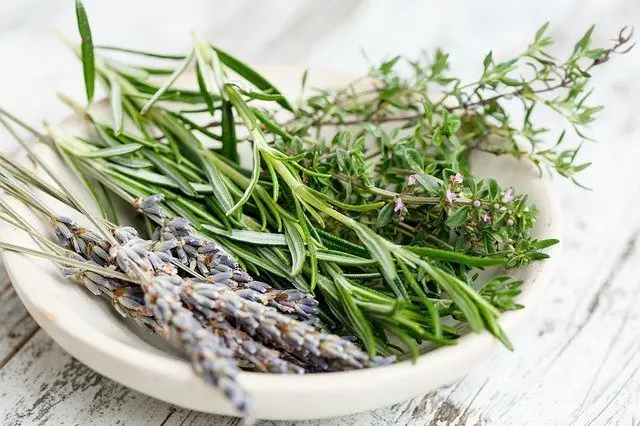

I live in Fort Worth Texas. This year I would like to grow some bird bottle gourds so when is the best time to start seeds? Thank you.
Hello Theresa,
You hm have a choice to start them now, or just direct sow them once the last frost date for your area has passed.
Treat it like squash, so cover it with mesh in its early stages to prevent vine borer attacks. Once the vine takes off, it should fine, as it roots itself wherever it touches the ground.